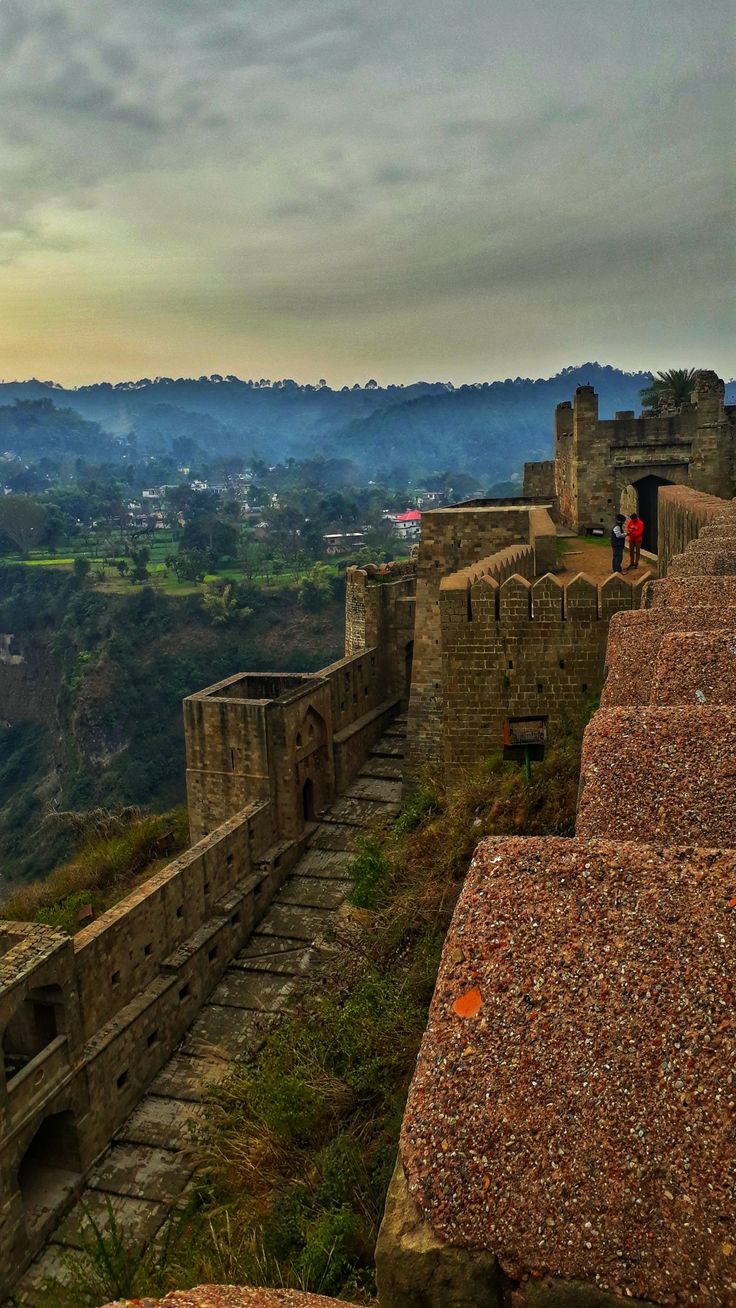Travel Days:
- Duration of Visit: A full day is ideal to explore Kangra Fort comprehensively, including travel time from nearby areas like Dharamshala.
Main Attractions at Kangra Fort:
- Historic Architecture: The fort is known for its impressive architecture and strategic design, showcasing the grandeur of ancient Indian forts.
- Museum: Before entering the fort, visit the small museum that showcases artifacts and provides historical context about the fort and the region.
- Viewpoints: There are several viewpoints within the fort that offer panoramic views of the surrounding valleys and the Banganga and Manjhi Rivers.
- Temples: Within the fort complex, there are several ancient temples, including the Ambika Devi Temple, dedicated to the goddess Durga.
Best Time to Visit:
- Spring (March to April): The weather is pleasant, making it ideal for exploring the fort without the heat of summer or the chill of winter.
- Autumn (September to November): After the monsoon, the landscape is lush and the skies are clear, providing excellent conditions for photography and sightseeing.
Best Food to Have:
- Local Cuisine: While there are no eateries inside the fort, you can find local restaurants in the nearby Kangra town or pack a picnic.
- Siddu: A local bread made from wheat flour, traditionally served with ghee or clarified butter, often stuffed with various fillings like poppy seeds, lentils, or walnuts.
- Chana Madra: A Himachali specialty made with yogurt, chickpeas, and a blend of spices, representing the culinary traditions of the region.
Travel Tips:
- Accessibility: Kangra Fort is located about 20 kilometers from the town of Dharamshala, and can be reached by local buses, taxis, or private vehicles.
- Entrance Fee: There is a small fee to enter the fort, which includes access to the museum.
- Clothing and Essentials: Wear comfortable walking shoes as there is a lot of walking and climbing involved. Carry water, sunblock, and perhaps a hat, as much of the fort is exposed to the sun.
- Guided Tours: Consider hiring a guide at the entrance of the fort to gain more insight into its history and architecture during your visit.

